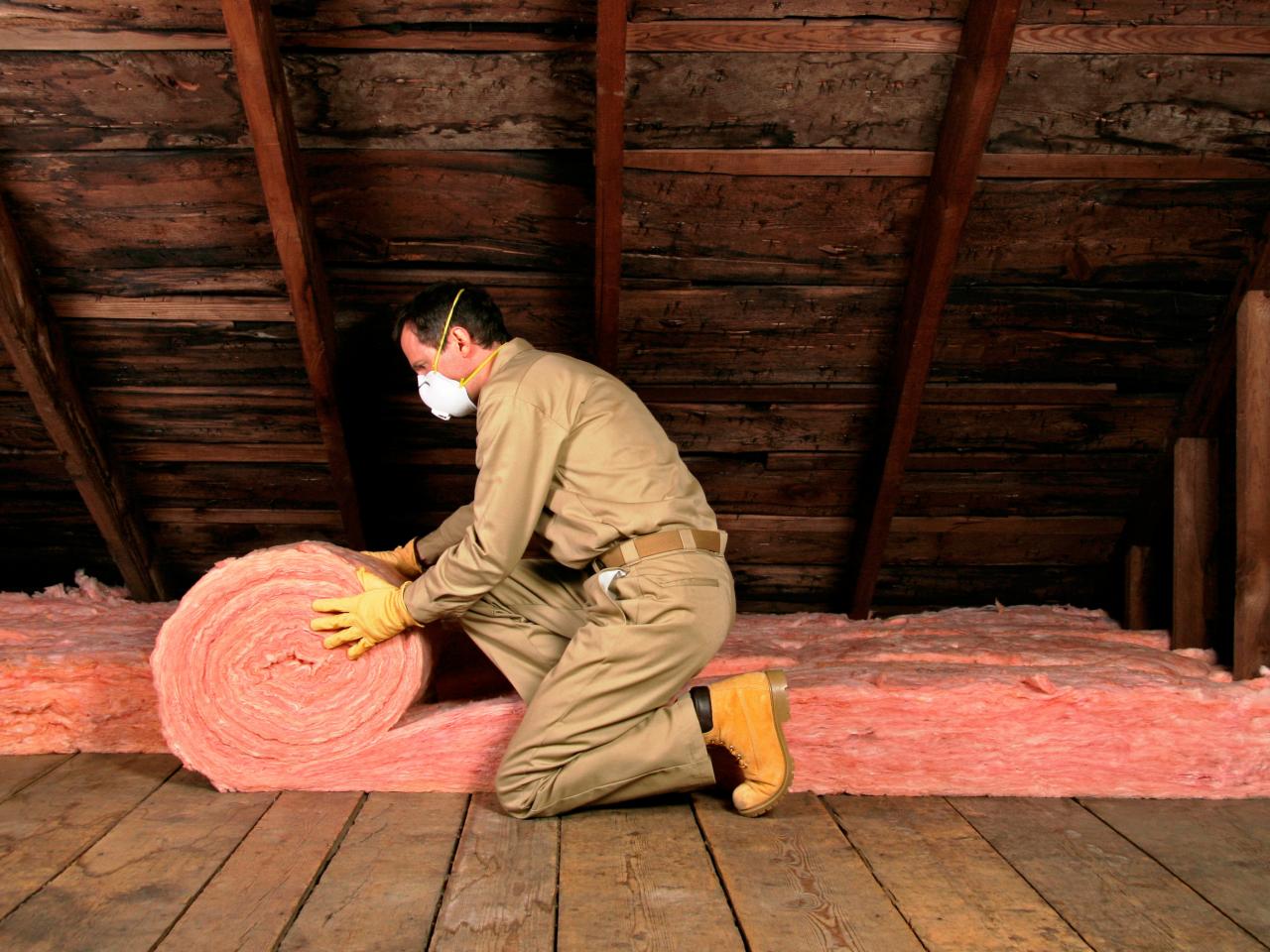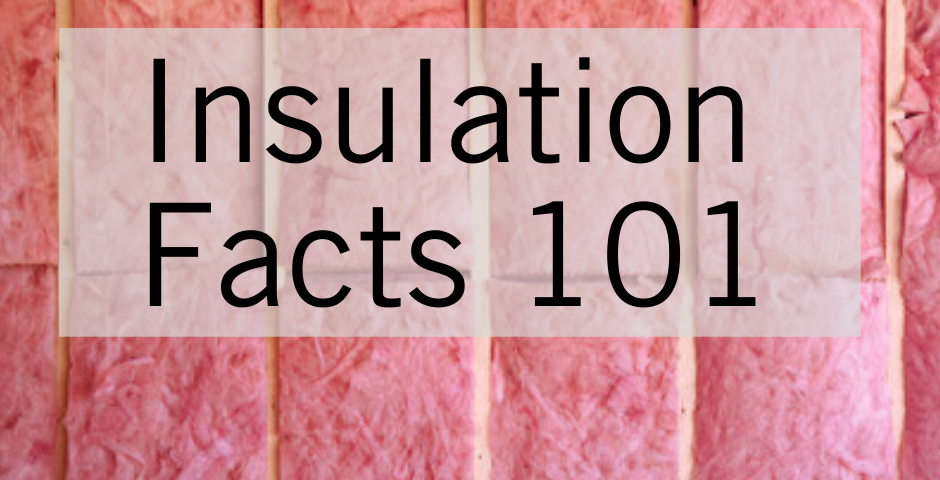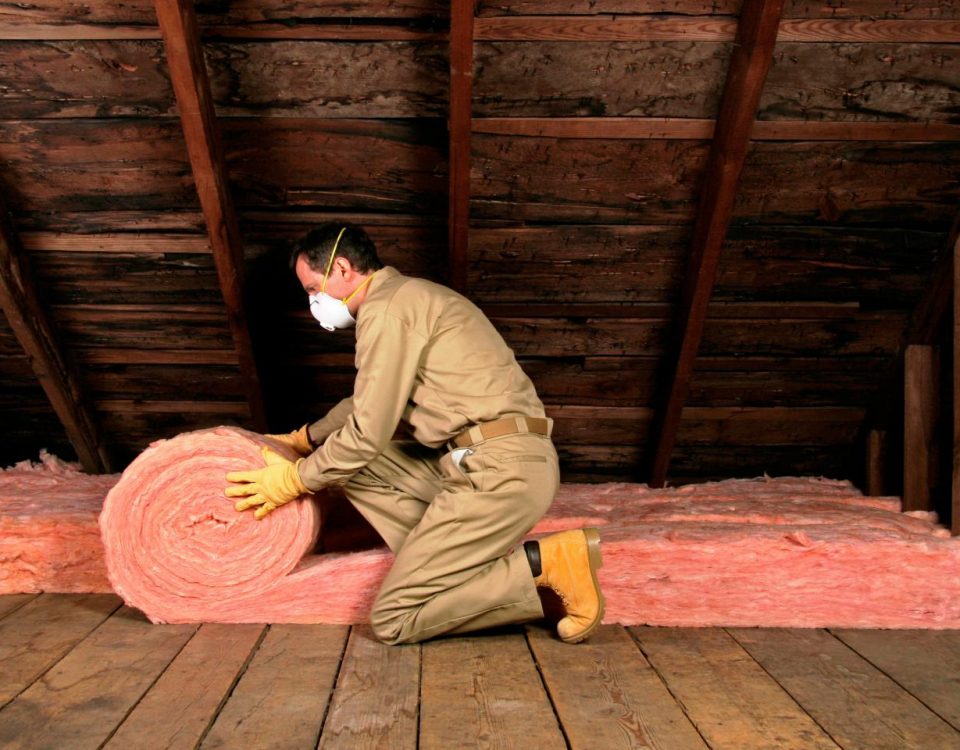

4 ways to tell your home insulation needs to be replaced.
March 13, 2020Insulation Facts 101


How does home insulation work?
Simply put, home Insulation works by being designed to prevent cold air from getting into your house and keeping the warm air in, or vice versa depending on the season. TThe most common insulation materials work by slowing conductive heat flow, which is the term used to describe when heat moves through materials. In the winter time, heated air tends to spread out to colder areas such as garages and attics until the air temperature is neutralized. The insulation is designed to slow the heat from passing through the walls in your home.
How long does home insulation last?
Insulation can actually last up to 80 or even one hundred years, however, the insulation many homeowners have is often older than they think, so it is good to check if you are in need of an upgrade.
What is the most effective home insulation?
In general, closed polyurethane cell foam is considered to be the most effective insulation available. This is because it does the best job of maintaining stable indoor temperatures and is also resistant to environmental factors such as mold.
Can Home insulation get wet?
Insulation should not get wet. Over time leaks and mildew can greatly weaken the insulation and make it far less effective. This is generally because it causes holes or “weak spots” in the insulation that prevent the insulation from keeping in warm/cool air.
Is home insulation flammable?
This depends on the type of insulation. Fiberglass insulation, one of the most common, is very resistant to fire. However cellulose insulation, which is made from recycled materials such as cardboard and newspaper, is very flammable.
Is home insulation tax deductible?
Yes. Some states offer tax breaks for installing energy efficient insulation. Visit the Energy Star website and the DSIRE organization site to learn more about your possible federal tax benefits!
How can home insulation save money?
Proper insulation can be very cost effective and will help save money on your energy bills, so it can save a lot of money in that way. Some states also give tax breaks for installing certain types of insulation. Visit the Energy Star Website to learn more.

